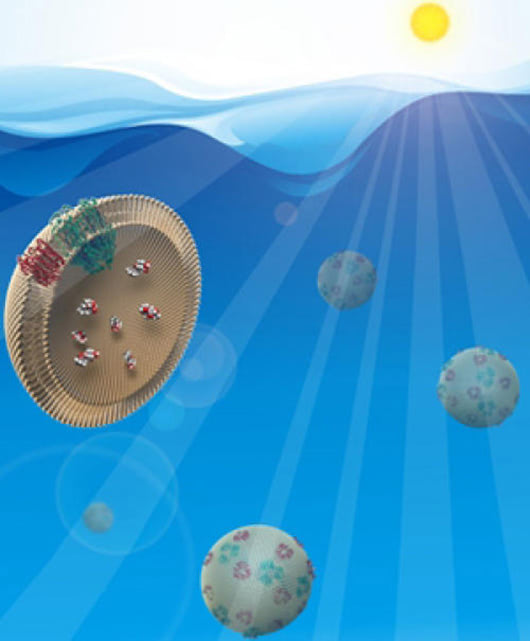We use antibiotics for medical treatment, but the presence of antibiotics in drinking water is harmful to us and to our environment. Currently, activated carbon is used to filter out harmful antibiotics, but the effect is not perfect. A team at the University of Cincinnati has now developed and tested a new filter made of two bacterial proteins which can remove almost twice as much antibiotics as activated carbon, using only water and direct sunlight.
Compared with activated carbon filters, the bacterial protein system offers several improvements. Firstly, the new protein filter can selectively absorb antibiotics. It employs a protein pump called AcrB, a selective "garbage disposal" for the bacteria that cannot get clogged with organic matter. Secondly, direct sunlight powers the bacterial protein system. A light-driven bacterial protein called Delta-rhodopsin supplies power for the AcrB. Moreover, these bacteria can even be used to extract antibiotics for recycling, and may even eventually be used to filter our heavy metals and hormones.
Story via Phys.org and Nano Letters

Share your thoughts and join the technology debate!
Be the first to comment